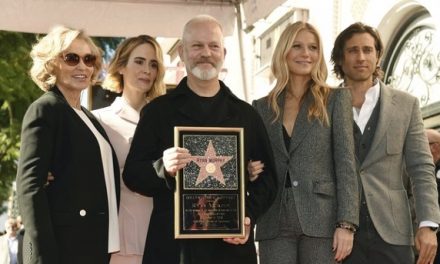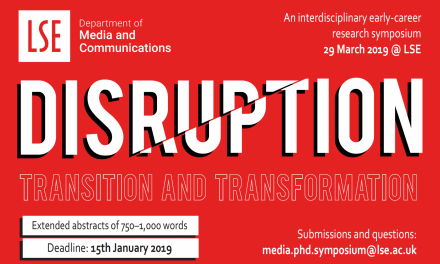Dennis Wheatley sold around one million books a year at the height of his popularity and over 50 million in total. Britain’s ‘occult uncle’ shaped modern popular understanding of the weirdly esoteric and the darkly satanic in a way without parallel, but his books equally celebrated the luxuries of good wine and cigars, were adapted into successful films by Hammer, taught suspicion of the foreigner, described sex and sexuality in surprisingly frank terms for the era, influenced the Bond stories and the course of the Second World War, and drew on copious research.
Writing across genres, from non-fiction works on history and magic, science fiction, historic fiction, spy and war thrillers to his most familiar black magic novels, Wheatley’s fame and success are apparent but his writing career remains under-interpreted. That is despite his global success and many ways he continues to influence contemporary themes and issues. A writer sensitive to the power of landscapes and national identity, to the role of language in the supernatural, to the way sex and the sacred and profane could intermingle, his works undergird many areas of modern significance from folk horror to Brexit.
This collection intends to be the first sustained scholarly interrogation of this prolific writer’s works and impact.
The proposed volume is intended to be scholarly but accessible in tone and approach.
Abstracts of up to 250 words are invited explaining the focus and approach the chapter will take.
Possible topics include (but are not limited to):
- Satanic panics
- English and continental witchcraft
- Women as witches, women as victims, women in the occult
- Landscapes, standing stones and folk horror
- Language and the supernatural
- European environments and travel writing
- Sexuality and exploitation
- Paranoia and otherness
- Conspicuous consumption
- Wheatley’s contemporaries in pulp and black magic fiction
- The popularisation of other writers in the Library of the Occult
- Wheatley on film
- Wheatley and his critics
- Spy fiction
- War writing and fictional wars
- Army intelligence and deception planning
- The Nazi occult
- Historical fiction
- Genre and narrative experiment
Abstracts of up to 250 words and a biography of 100 words should be emailed to Gina Wisker at gw647@bath.ac.uk and Marcus Harmes at marcus.harmes@usq.edu.au by August 12th 2024. Decisions will be returned August 24th 2024.
The chapter drafts of 4500 words (including references) are due November 1st 2024.
We are in discussion in with a European publisher.





